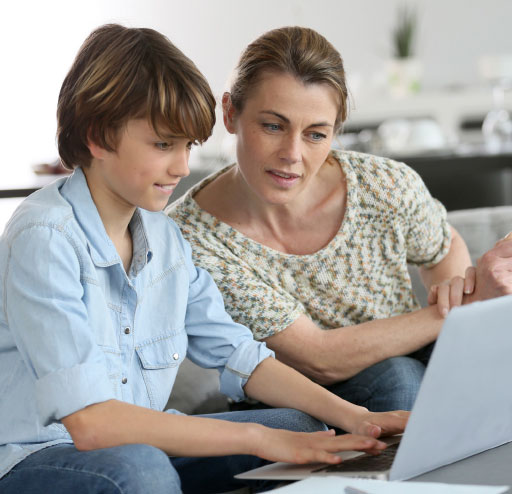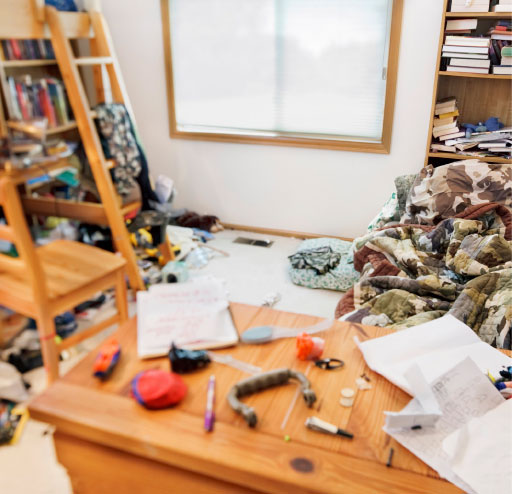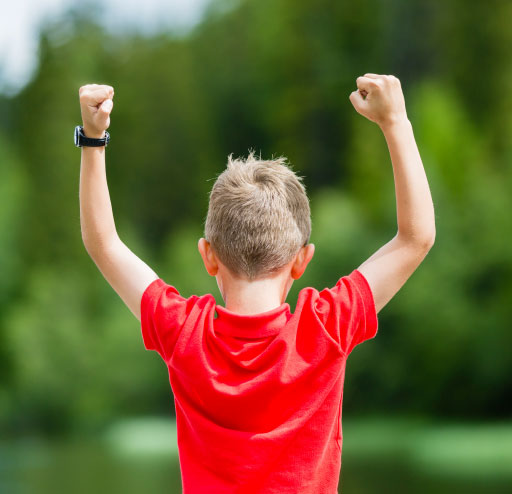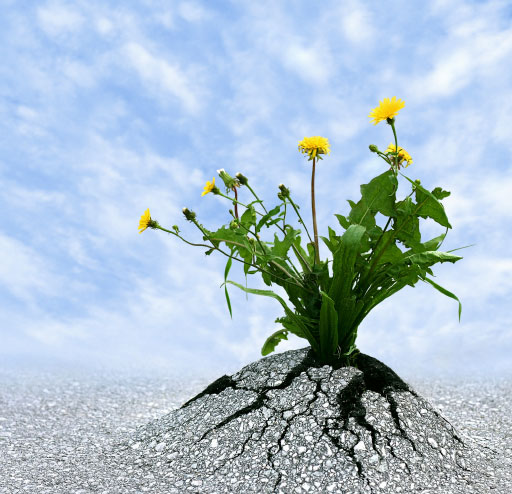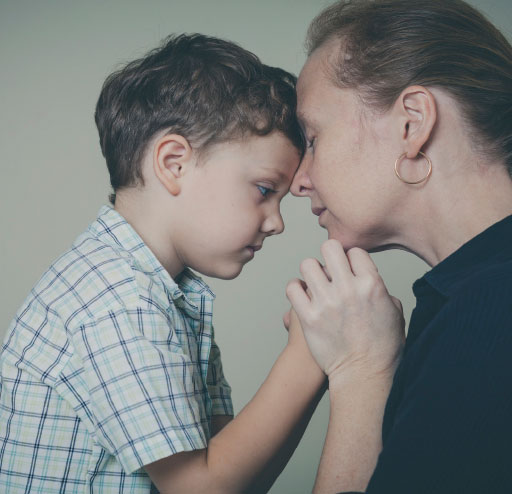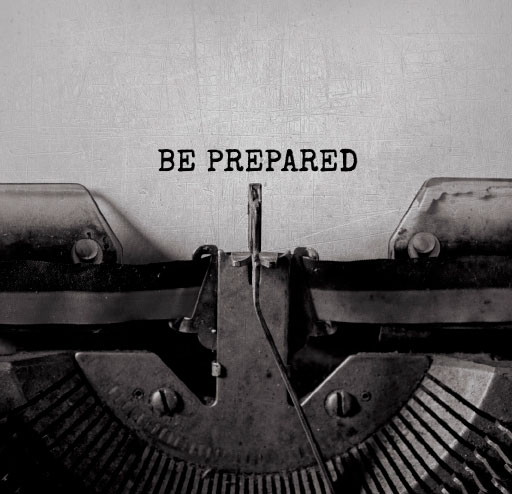Articles for Parents
Browse all of our articles below, or choose from the following topics:
A wise parent and care giver understands that it’s not just the strategies you use, it’s not just the words you say, and it’s not just the actions you encourage that put young people on the right path to being safe online. What’s important for today’s parents and carers to focus on is to build an environment, a home, around your children that is technologically safe and responsible. This article will outline five things that a contemporary parent can choose to do to make their home just that little bit more technologically safe.
Read more
The first thing you need to do when contemplating stepping into your child’s online experience is to ask yourself whether you should or not. This article gives a resounding yes to that question!
Read more
One of the most common complaints of parents and carers is that children have a messy bedroom. This can particularly come into play when raising a teenager. Part of the pattern of failed attempts in the clean bedroom endeavour is entirely your own creation. It’s because you keep speaking to big concepts, such as responsibility, such as respect, such as tolerance and hoping that your child will get it. There is a problem in getting your children to clean their room because you are not being specific enough about what you want.
Read more
Sometimes young people can seem to reply “I don’t care” to almost anything that parents and carers ask of them.
Is it true that young people have developed a level of apathy where they genuinely don’t care about anything that’s happening around them? Or is it perhaps that they have not yet learned to care at an appropriate or an adult level?
Read more
It’s hard for parents and care givers not to draw a direct line between the likelihood of their child being bullied and the strength of their self-esteem. There are a lot of messages in the media about the need for high self-esteem and fostering positive self-regard, and it is crucial that parents and carers know what healthy self-esteem looks like. Here are five ideas to help children have a healthy level of self-esteem.
Read more
Resilience is best defined as the ability to thrive despite risk. There are five key characteristics that identify resilience in young people.
Read more
There’s an old expression about partnership and cooperation that goes, “The right hand needs to know what the left hand is doing.”
This expression could be no more apt than when describing the way that parents, care givers and schools conduct themselves when bullying becomes a problem.
Read more
Bullying. The “B word”. It is used so frequently today that it has become a challenge for parents and carers and for schools to identify the circumstances that genuinely constitute bullying and those that are one-off inappropriate behaviour choices. This is not to imply that inappropriate one-off behaviour choices are not serious. They also need to be addressed. It is, however, really important to know the difference between what bullying is and what it is not, so that the appropriate responses and strategies can be used.
Read more
Getting the news from the school that your child has been doing something unsavoury, like bullying, causes immense distress to parents and carers. It is worth being ready with some strategies that can make a real difference in case that news arrives.
Read more
All parents and carers have frequent or at least occasional concerns about whether their child is being bullied at school, in the neighbourhood or online. It is important that parents and carers do whatever they can to prevent bullying and to be proactive about it. Preparing your children to respond well if bullying presents in their lives is challenging, and the preference is to be proactive rather than reactive. It is far more helpful to work on prevention than to wait until emotional damage is done.
Read more



